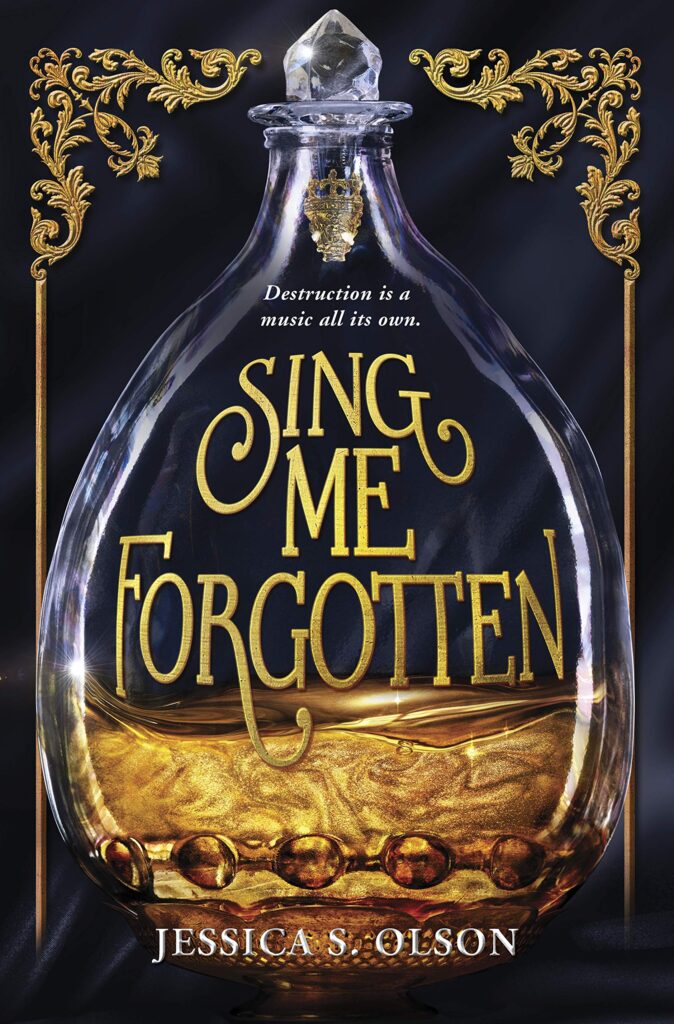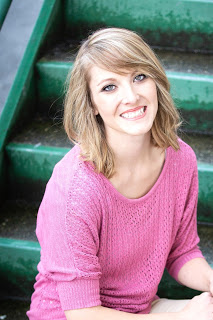When Kylo Ren killed Han Solo in The Force Awakens, I was convinced we would never forgive him. After all, audiences have adored Han for decades. His words have been printed on coffee mugs worldwide and his face plastered on Star Wars merchandise in every Wal-Mart in America.
Obviously I underestimated our culture’s ability to redeem evil men.
For centuries, Western media has been jam-packed with anti-heroes of every stripe, from Caliban in Shakespeare’s The Tempest, to Holden Caulfield in J.D. Salinger’s The Catcher in the Rye, all the way up to Batman’s Joker, and Dexter in the hit TV show by the same name. We all seem to love a bad boy—and even better if he’s conflicted about his badness and has some sort of redemptive arc. We swoon, we pledge our love, we print them out on life-size cardboard and snuggle them in our beds.
When was the last time we praised a female villain to that extent? Has that ever happened?
Sure, we’ve got a few, like Bellatrix Lestrange in the Harry Potter books, Rebekah Mikaelson in The Vampire Diaries, and even Maleficent, who got her own movie spin-off from Sleeping Beauty. However, when we compare these female villains to their male counterparts, it’s clear that their character arcs, their humanity, and their capability for redemption are not explored to the same extent as with the men. Severus Snape dies a hero in spite of all the horrendous acts he committed, while Bellatrix is left as a one-note, bad-for-no-reason character. Klaus Mikaelson is redeemed by his love for Caroline in The Vampire Diaries in spite of his monstrous behavior, where Rebekah, who is actually given a backstory at least and who shows her humanity in several instances, is treated as more of a whining, controlling, manipulative nuisance than a fierce, respectable villain. And the movie Maleficent is the perfect example of trying to make a female villain “nice” so that she’s more palatable to audiences.
In spite of this obvious sexism, it never occurred to me when I first set out to write Sing Me Forgotten, my gender-swapped Phantom of the Opera retelling, that people would resist it because it’s about a villainous woman. But when it came time to submit the manuscript to agents and editors, the responses started rolling in: “She was too dark.” “I couldn’t connect to her.” “It’s difficult to like her.”

Difficult to like a character who kills people, wreaks havoc on an opera house, and drops chandeliers when she’s angry? Maybe that’s understandable…
Oh, wait. No, that can’t be it. Because Erik in The Phantom of the Opera does all of those things, and that show is the longest-running in Broadway history. There are countless adaptations, and the worldwide fandom is massive. The white half-mask is a staple in costume shops across the globe.
So as long as the Phantom is a man, audiences everywhere will ache for him. They sympathize with his brokenness and forgive him for his actions because of how cruelly he has been treated. They describe him as “emotionally complex.”
But I made him female, and that was “going too far.”
The influence of these expectations on women—especially young girls—is incredibly damaging. When we only get girl characters like Katniss Everdeen or Hermione Granger, girls who sometimes have to get their hands dirty but at the end of the day are still heroic and “nice,” we are sent the message that if women have ugly thoughts or feelings, if we do bad things, if we are anything but perfect at all times, we are “unlikeable.”
Say it with me: Girls do not have to be nice to have value. Girls do not have to be well-behaved to be worth telling stories about.
The double-standard is real, and the only way we can dismantle it is by embracing female villains in our books and our movies just as much as we do the male villains. Let women explore every range of human emotion on screen, on stage, and in literature. Let them represent the worst of humanity. Let them get angry and scream, let them curse, and let them drop chandeliers.
And maybe, if society sees anti-heroines do really terrible things on TV, it won’t be so quick to call a female vice presidential candidate “disrespectful” for not allowing a man to talk over her on national television. Maybe, if society has read books about women committing atrocious crimes and finding redemption, it won’t jump to the conclusion that a girl who isn’t smiling at all times is a “b****.”
Give us real female baddies so the world can stop villainizing us for taking up space, for speaking up, or for saying “no.”
Because that’s not villainy. That’s living.
About Jessica S. Olson
Jessica S. Olson claims New Hampshire as her home, but has somehow found herself in Texas, where she spends most of her time singing praises to the inventor of the air conditioner. When she’s not hiding from the heat, she’s corralling her three wild—but adorable—children, dreaming up stories about kissing and murder and magic, and eating peanut butter by the spoonful straight from the jar. She earned a bachelor’s in English with minors in editing and French, which essentially means she spent all of her university time reading and eating French pastries. Sing Me Forgotten is her debut novel. Learn more at https://www.jessicasolson.com.



1 Comment
Yes!!!!!
Saying it loudly with you: GIRLS DO NOT HAVE TO BE WELL-BEHAVED TO BE WORTH TELLING STORIES ABOUT.